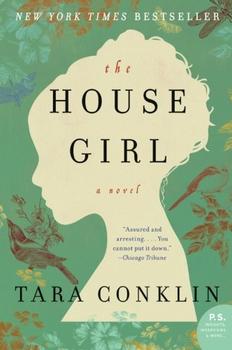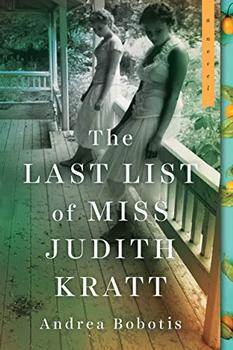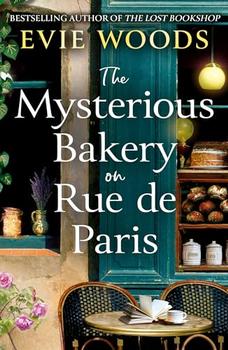Summary | Excerpt | Reading Guide | Discuss | Reviews | Beyond the book | Read-Alikes | Genres & Themes | Author Bio

A stunning debut novel of love, family, and justice that intertwines the stories of an escaped house slave in 1852 Virginia and ambitious young lawyer in contemporary New York
Virginia, 1852. Seventeen-year-old Josephine Bell decides to run from the failing tobacco farm where she is a slave and nurse to her ailing mistress, the aspiring artist Lu Anne Bell.
New York City, 2004. Lina Sparrow, an ambitious first-year associate in an elite law firm, is given a difficult, highly sensitive assignment that could make her career: she must find the "perfect plaintiff" to lead a historic class-action lawsuit worth trillions of dollars in reparations for descendants of American slaves.
It is through her father, the renowned artist Oscar Sparrow, that Lina discovers Josephine Bell and a controversy roiling the art world: are the iconic paintings long ascribed to Lu Anne Bell really the work of her house slave, Josephine? A descendant of Josephine's would be the perfect face for the reparations lawsuit - if Lina can find one. While following the runaway girl's faint trail through old letters and plantation records, Lina finds herself questioning her own family history and the secrets that her father has never revealed: How did Lina's mother die? And why will he never speak about her?
Moving between antebellum Virginia and modern-day New York, this searing, suspenseful and heartbreaking tale of art and history, love and secrets, explores what it means to repair a wrong and asks whether truth is sometimes more important than justice.
Read the story behind the book
I've read many books set in the US's slavery era, and this is one of the best. It poses a unique connection between a young slave "house girl" and a driven New York lawyer. The House Girl portrays an inspiring story of how, through art, a person survives long after leaving this world...continued
Full Review
(802 words)
This review is available to non-members for a limited time. For full access,
become a member today.
(Reviewed by First Impressions Reviewers).
Tara Conklin's novel The House Girl weaves two stories together: 17-year-old Josephine, a slave who flees a tobacco farm in West Virginia in 1852, and Lina, a lawyer seeking reparations for the descendants of African American slaves in 2004. While the idea of reparations is not new, it has gained more of a spotlight within the last decade.
To understand its concept, it is useful to understand the philosophy of Restorative Justice, which seeks to restore harm done to both the victim of a particular crime and the community from which the victim comes. Unlike Retributive Justice, which focuses specifically on punishment for the breaking of laws, it addresses the wider social network: the people who are affected by those broken laws, and ...
This "beyond the book" feature is available to non-members for a limited time. Join today for full access.

If you liked The House Girl, try these:

The Last List of Miss Judith Kratt
by Andrea Bobotis
Published 2019
Some bury their secrets close to home. Others scatter them to the wind and hope they land somewhere far away.

by Robin Oliveira
Published 2019
From the New York Times bestselling author of My Name Is Mary Sutter comes a rich and compelling historical novel about the disappearance of two young girls after a cataclysmic blizzard, and what happens when their fate is discovered.



I have always imagined that paradise will be a kind of library
Click Here to find out who said this, as well as discovering other famous literary quotes!